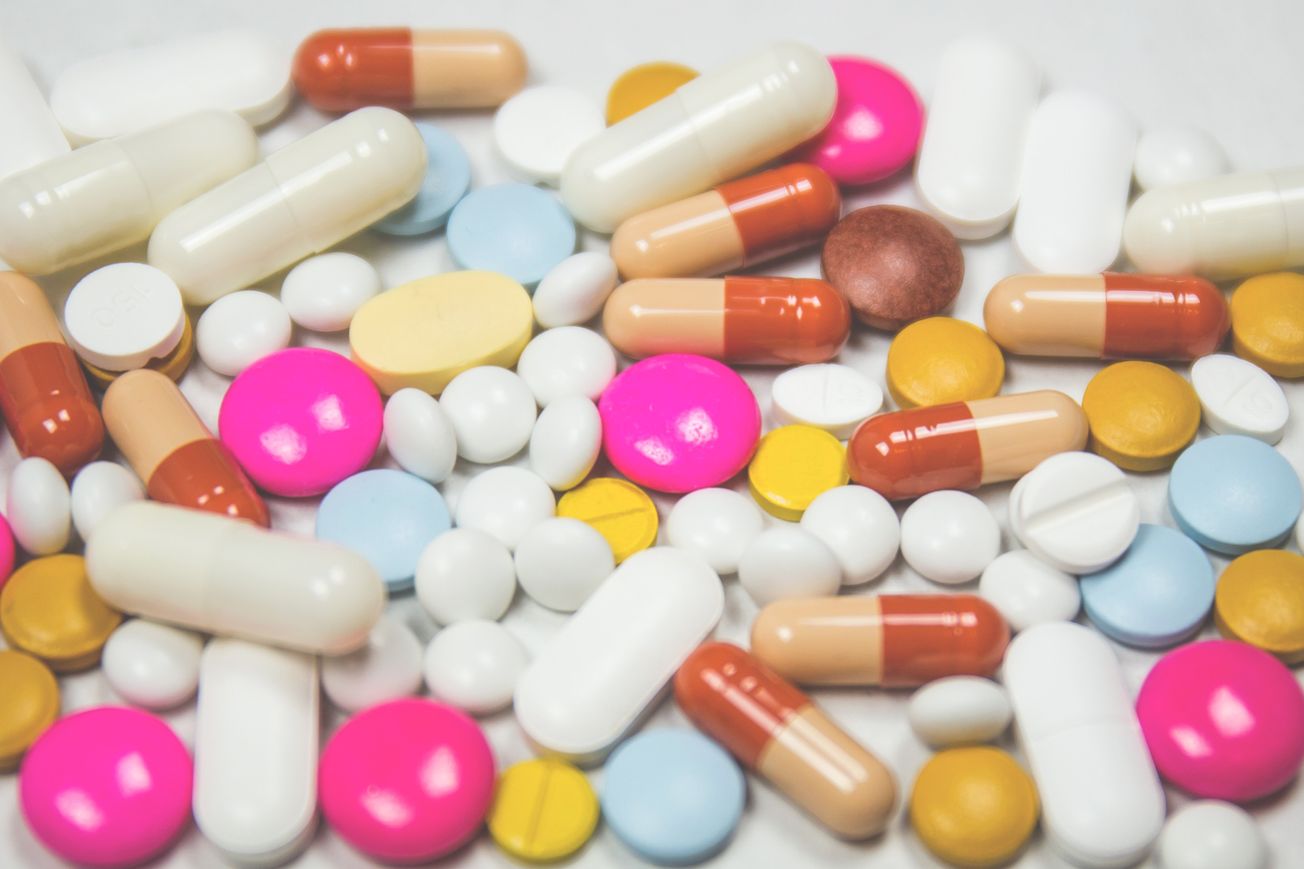By Will Harley
On 05 April, the highly controversial psychoactive substances act will come into effect, making countless formerly legal recreational drugs a crime to produce, supply or possess. The Conservative government devised the blanket ban on so-called ‘legal highs’ in an effort to keep up with the prolific production of various legal alternatives to drugs such as cocaine and ecstasy - chemicals which are often even more dangerous than their illegal counterparts.
However, the new law also prohibits the use of several much less dangerous recreational drugs – one of which is a notorious favourite of Bristol students.
Infamous illegal drugs such as heroin and cocaine grab the headlines, but the use of legal highs seems to be more prevalent in society, and especially amongst students. In a survey conducted for this article, 60% of university students said they’d tried laughing gas, and 44% said they’d tried other drugs affected by the act, suggesting a great many students will be affected by this contentious new law.
77% of Bristol students have taken illegal drugs https://t.co/eYJZ5Na2UR pic.twitter.com/XgBLk1p2wG
— Epigram (@EpigramPaper) December 3, 2015
Many Bristol students emerging from Lizard Lounge after a social, or walking down Park Street late at night, will have noticed the recent absence of street vendors inflating colourful balloons from a flask-shaped dispenser and exchanging them for students’ £2 coins.
Their disappearance is undoubtedly a consequence of the new legal status of their product: nitrous oxide (more commonly known as laughing gas), which has recently become illegal to supply for recreational use under the psychoactive substances act. This means such vendors are now out of a job, or at least, they’ll have to be much more covert about doing it.
The prohibition of laughing gas is undoubtedly one of the most controversial aspects of the bill. Immensely popular amongst students, many recreational users angrily protest the prohibition of a drug that appears to have very few harmful effects on the body.
Indeed, 44% of those surveyed believe that laughing gas should remain legal, compared to just 18 per cent who approve of the ban. One anonymous first year commented, ‘It is harmless in comparison to illegal drugs, and is way less damaging to your body than alcohol.’
However, concerns have been raised about the potential harm nitrous oxide can do to its users. According to FRANK, the UK’s national drug education service, nitrous oxide can cause unconsciousness and even death from oxygen starvation.
According to BBC News, one researcher found evidence of 17 fatalities in the UK between 2006 and 2012 related to the use of laughing gas. However, advocates of the drug point out that this pales in comparison to alcohol, which in 2012 caused 6,490 deaths in England alone, but is excluded from the psychoactive substances act as an ‘exempted substance’.
Another contentious area of the debate is the act’s prohibition of alkyl nitrites, or poppers. They’re often used recreationally to make it easier to have anal sex. Hence, many have raised concerns that the psychoactive substances bill will unfairly affect many gay and bisexual men.
In fact, Conservative MP Crispin Blunt admitted to his own use of poppers and called his own party’s plans to ban them ‘fantastically stupid’. Several charities and government advisory committees, including the home affairs select committee, recommended against banning poppers before the bill was passed and made them illegal. One organisation, the Gay Men’s Health Collective, argued that the ban of poppers would lead to more use of class A and B drugs, and increased transmission of STIs.
Jake, 18, is a first year university student, and uses poppers to facilitate gay sex. He believes poppers should not be banned because ‘they’re considered less dangerous than alcohol and banning them literally only affects gay men.’
Expecting them to become more difficult to acquire, Jake also said he is prepared to buy in bulk before the ban comes into effect, a move which many users of legal highs are feared to make in preparation for the new law.
The bulk of the debate over the psychoactive substances bill has focused on the users of relatively harmless legal highs who will have to begin dealing with the criminal world in order to acquire their drugs of choice.
And it seems this is the choice the vast majority of users will make, with a staggering 93% of legal high users who took our survey stating they expect to continue their usage once the supply of their drug of choice becomes a crime. This suggests only a small fraction of legal high users will actually cease their usage after the law comes into effect.
Matt is one of an estimated 1.5 million people in the UK addicted to benzodiazepines, and worries that many others with the addiction will be adversely affected by the new law
But the focus on these particular issues ignores another effect of the psychoactive substances bill which could have much darker consequences. For all the drugs like laughing gas and poppers which rarely cause significant harm, many advocates of the law are quick to point out that many legal recreational drugs are incredibly dangerous and addictive. But it may actually be the prohibition of these more addictive drugs that could prove to cause some seriously negative consequences.
Matt, 19, is taking a year out before he takes up his university offer in September. But before he can go to university, Matt has a serious addiction to A class of drugs known as benzodiazepines to overcome. However, ‘benzos’, as they are commonly known, are not easy to kick.
Related article: Drugs can be dangerous, but does banning them do more harm than good?Abruptly ceasing usage can result in a long list of severe withdrawal symptoms, the worst of which include seizures and even death. Matt is taking steps to overcome his addiction, but to avoid life-threatening withdrawal symptoms he must reduce his usage gradually. His reduction is still in its early stages, however, and Matt worries about what will happen if the new law makes it difficult or impossible for him to acquire benzos before he can adequately reduce his usage.
Matt is one of an estimated 1.5 million people in the UK addicted to benzodiazepines, and worries that many others with the addiction will be adversely affected by the new law. ‘I don’t know how many people are in a situation like me, but they’re in serious trouble, especially the ones who aren’t willing to go to dealers,’ he says.
It’s easy to understand his concerns when considering that the support offered in drug centres for addicts of notorious illegal drugs such as heroin and cocaine doesn’t seem to exist for benzo addicts in the UK.
Many benzodiazepines are already classed as class C drugs in the UK, and are therefore illegal to possess without a prescription (they can be used to treat anxiety). However, new variants of the drugs are always being produced to get around the existing laws, and are sold as ‘research chemicals’ over such websites as the one Matt uses to get his supply.
Related article: Students and the Dark Web - drugs by first class mailIt’s these obscure, formerly legal substances – and the sites that sell them – that will be affected when the act comes into effect in April, and will make it much more difficult for addicts to get their supply. Matt has doubts about how easily addicts like him will be able to get a prescription once this happens.
The psychoactive substances bill is now irreversibly becoming part of UK law, and looks set to dramatically change the way students, in Bristol and across the UK, buy and use drugs – both those covered under the bill and those already prohibited by previous legislation.
Whether the act will succeed in reducing the use of formerly legal highs remains to be seen. But for those with serious addictions to drugs such as benzodiazepines, including students like Matt, it seems that difficult and dangerous times may be on the horizon.
Those interviewed for this article have had their names changed at their request.
Featured Image: Unsplash / freestocks.org
Where do you stand on legal highs? Let us know...









